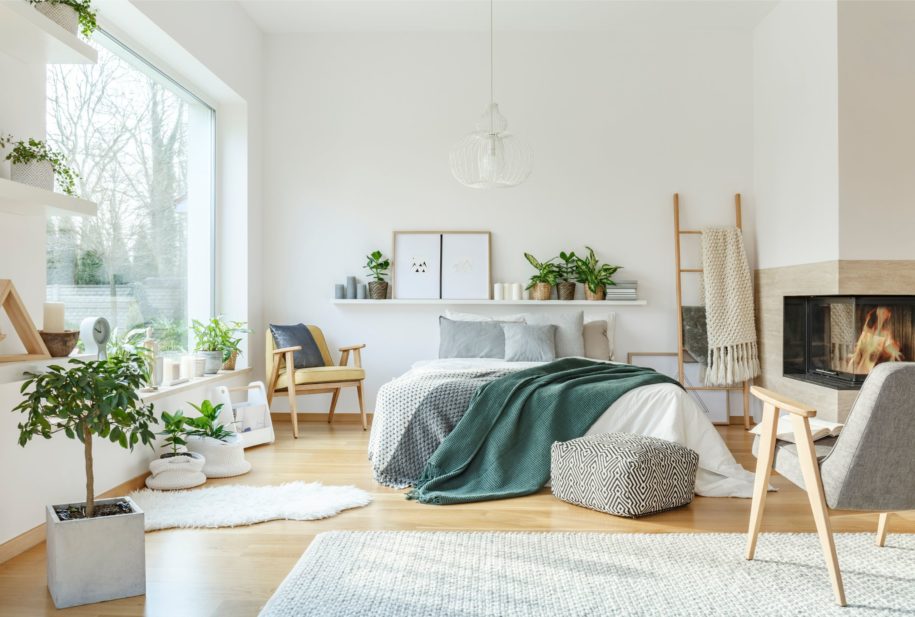Your bedroom should be a place of sanctuary, calm and completely geared towards sleep.
In this day and age it’s often very hard to keep our bedrooms in this manner, especially since covid struct, with many of us having to also use our bedrooms as offices / schools / spaces of separation from the rest of the family making it even harder for our brains to associate our bedrooms with sleep.
Ideally we require our bedrooms to be quiet and dark, an ideal cocktail for restful restorative sleep, not cluttered, noisy and bright (a hem, even I am guilty of this from time to time). Below I have outlined a few things you should think about if you are suffering with your sleep quantity and quality.
These tips are easy to implement and can go a long way to helping you restore your sleep.
1) Let’s start by talking light. Light is the single most important factor affecting our ability to sleep. Screens, bright lights, tv’s keep our brains in a state of alert, making it extremely difficult to drift off into glorious slumber. A dark bedroom triggers the release of melatonin, which is EXACTLY what we are looking for.
Try keeping your bedroom colours peaceful and serene by using simple colours (put that bright orange paint down) as bright colours often cause us to get stimulated. Use dimmer or low lit lamps (think 45-watt bulbs) or nightlights. Black out blinds or curtains work wonders or simply try an eye mask to ensure total darkness when you do eventually drift off. Set timers on the tv (if you have to have one in your room) so it automatically turns off and use blue light blocking glasses should you have to use screens/tv.
2) SOUND. Whether you’re extremely sensitive to the slightest noise, or can sleep through an earthquake (erm my husband), sound gets processed even while you’re sleeping. Although most sounds can be disturbing to sleep, some can be comforting and sleep-inducing. The key is to enhance one and reduce the other.
If you’re constantly disrupted by sound which you have no control over, try using earplugs, whether you prefer the silicon, foam or flanged versions, make sure you chose ones you find comfortable with a noise reduction rating of 32 decibels (which will block out most sounds but allow you to hear things like fire alarms, babies crying etc.)
Also when it comes to alarms, choose a sound that wakes you up gently and happy, or use vibrations if this works better. The shock from alarms can actually increase our heart rate and blood pressure, so if you can, try not to hit the snooze button too often.
3) Use natural, breathable materials such as cotton, linen, silk, wool or down for your bedding and ensure you change your sheets often to ensure a healthy sleep. Keep your bedroom cool, a critical point when it comes to a restful night’s sleep.
4) That bedroom fragrance… You might think small has zero impact on the quality of your sleep, but our sense of smell is tied to our brain’s limbic system and can stimulate a lot of things including alertness. On the other hand scents can also cause us to feel calm, soothed and relaxed. Ensure windows are kept open for some fresh air or use air purifiers to help you breathe better during the night and keep cool.
Try using aromatherapy scents like chamomile and lavender to relax in the form of bath oils, pillow sprays or diffusers.
